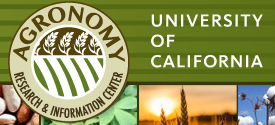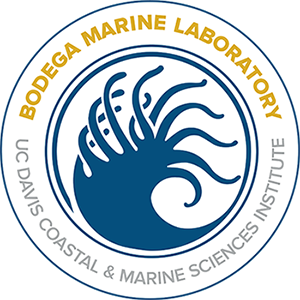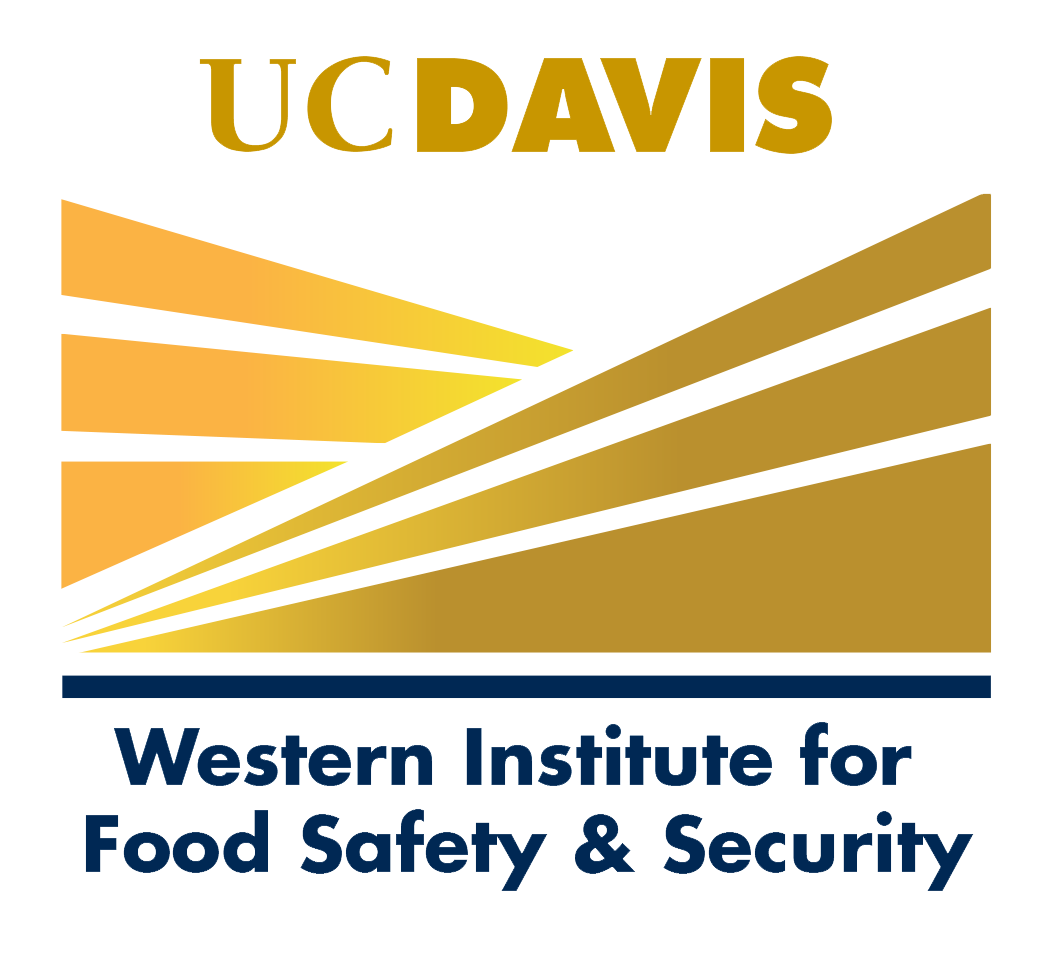There are over 60 research centers, institutes, and programs at UC Davis focused on food and agricultural practices.
Ranging from policy, literacy, and community development to agtech, sustainability, and nutrition, these centers are developing innovative solutions to the grand challenges facing our planet. The UC Davis World Food Center serves as a portal to the talent at these center and maintains a detailed archive of their leadership and staff, projects, and publications.
|
|
 The Agricultural Sustainability Institute at UC Davis is a group of researchers, educators, and agricultural extension professionals working to answer big questions on how to make agriculture and food systems more sustainable - in California and beyond. The Agricultural Sustainability Institute at UC Davis is a group of researchers, educators, and agricultural extension professionals working to answer big questions on how to make agriculture and food systems more sustainable - in California and beyond. |
|
|
|

|
|
| The Arboretum and Public Garden spans over 5,300 acres on campus and includes the historic Arboretum and the Putah Creek Riparian Reserve, a rare stream and grassland ecosystem managed for teaching, research, wildlife and habitat protection. | 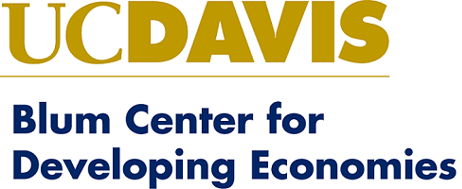
The Blum Center for Developing Economies is a multi-disciplinary, cross-campus initiative that engages UC Davis faculty, students, researchers, and community partners to find tangible, sustainable solutions to alleviating global poverty through education, applied research and outreach. |

The California Animal Health and Food Safety Laboratory System (CAHFS) is the backbone of California's warning system that helps to protect the health of California's livestock and poultry. CAHFS serves the people of California by safeguarding the public health with rapid and reliable diagnoses for animal diseases including those affecting humans. |
|
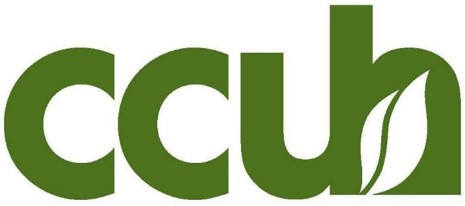
The California Center for Urban Horticulture (CCUH) provides management strategies and practices for conserving water and improving water efficiency for public audiences, the horticulture and landscape design industry, and local and state agencies. |
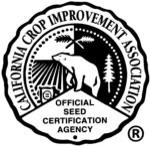
The California Crop Improvement Association (CCIA) provides seed certification services and quality assurance programs for the maintenance and increase of agronomic and vegetable crop seed. |
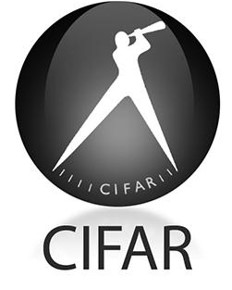
The California Institute of Food and Agricultural Research (CIFAR) is a California-centered, global network and innovation hub focused on emerging agri-food innovations, systems, technologies and solutions. |
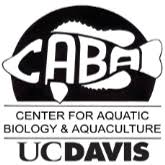
The Center for Aquatic Biology & Aquaculture (CABA) and its aquatic research facilities sustain California’s natural populations of aquatic species, support the technological framework of the state’s marine and freshwater aquaculture industries, and create sustainable aquaculture production. |

The Center for Animal Disease Modeling and Surveillance develops systems that can be used to prevent, control, or eradicate animal diseases and their associated adverse economic impacts. |

The Center for Food Animal Health organizes resources for and conducts research on animal, food borne, and vector borne diseases important to livestock industries and environmental health. |

The Center for Regional Change builds bridges between university, policy, and other sectors and supports the building of healthy, equitable, prosperous, and sustainable regions in California and beyond. |
The Center for Spatial Sciences brings together faculty, staff and students interested in spatial data analysis, who work on applications of remote sensing, GIS, spatial statistics, geoinformatics, cartography, and related techniques. |

The Center for Spatial Technologies and Remote Sensing (CSTARS) develops research methods that use applications of core geospatial technologies to promote sustainable environments. |

The mission of the Center for Water-Energy Efficiency is to research, develop, and disseminate efficient technologies and system-based policies for the integrated conservation of water and energy resources. |

The Center for Watershed Sciences conducts interdisciplinary studies of critical water challenges, focusing on environmentally and economically sustainable solutions for managing rivers, lakes and estuaries. |

The Child Family Institute for Innovation and Entrepreneurship integrates science and business for social benefit by bringing together researchers with entrepreneurs and investors to support technology transfer and commercialization activities. |

The Coastal & Marine Sciences Institute aims to catalyze and foster innovative partnerships for discovering, understanding, and communicating science for effective stewardship of ocean and coastal environments in California and beyond. |
|

The UC Davis Coffee Center is the first multidisciplinary university research center to address the challenges and needs of the coffee industry through a holistic approach to coffee science and education. |
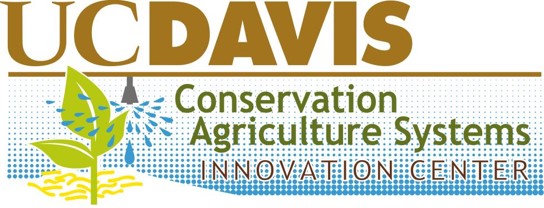
The Conservation Agriculture Systems Innovation Center (CASI) encompasses a diverse group of more than 1,500 farmers, public agency, private sector, and environmental group members that promote conservation cropping systems in California. |
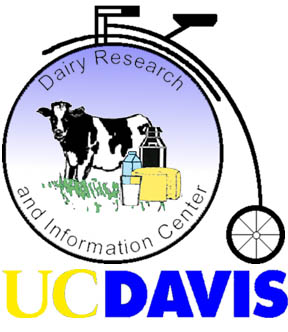
The Dairy Research and Information Center develops coordinated and visible dairy production and dairy foods research and information programs for the state, national and international industry. |

The Energy and Efficiency Institute (EEI) is a leading university institution advancing impactful energy and energy efficiency solutions. The EEI focuses on addressing critical energy challenges and improving energy use through research, education, and engagement. |

The Food Loss and Waste Collaborative is a first-of-its-kind research program focused on developing solutions to reduce losses throughout the entire food life-cycle and help researchers better understand why and where food is wasted, and how to reduce waste across the global supply chain. |

The Foods for Health Institute (FFHI) acts as an engine for research, innovation, and economic development supported by competitive research programs, industry collaborations, and philanthropic funding. Together, the FFHI and its partners will lead the improvement of individual health through diet. |

Foundation Plant Services (FPS) produces, tests, maintains, and distributes elite, disease-tested plant propagation material. FPS also provides plant disease testing and DNA identification services, as well as coordinated releases of UC-patented horticultural varieties. |
|
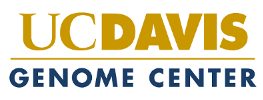
The UC Davis Genome Center uses state-of-the-art technologies to understand how the heritable genetic information of diverse organisms function in health and disease. These discoveries translate into advances in medicine, agriculture and global sustainability. |
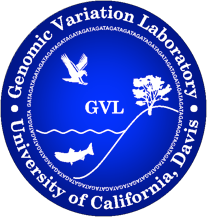
The Genomic Variation Laboratory addresses population genetics of threatened and endangered species using molecular tools such as microsatellites, single nucleotide polymorphisms, and high throughput sequencing to evaluate the processes that create and maintain biodiversity. |
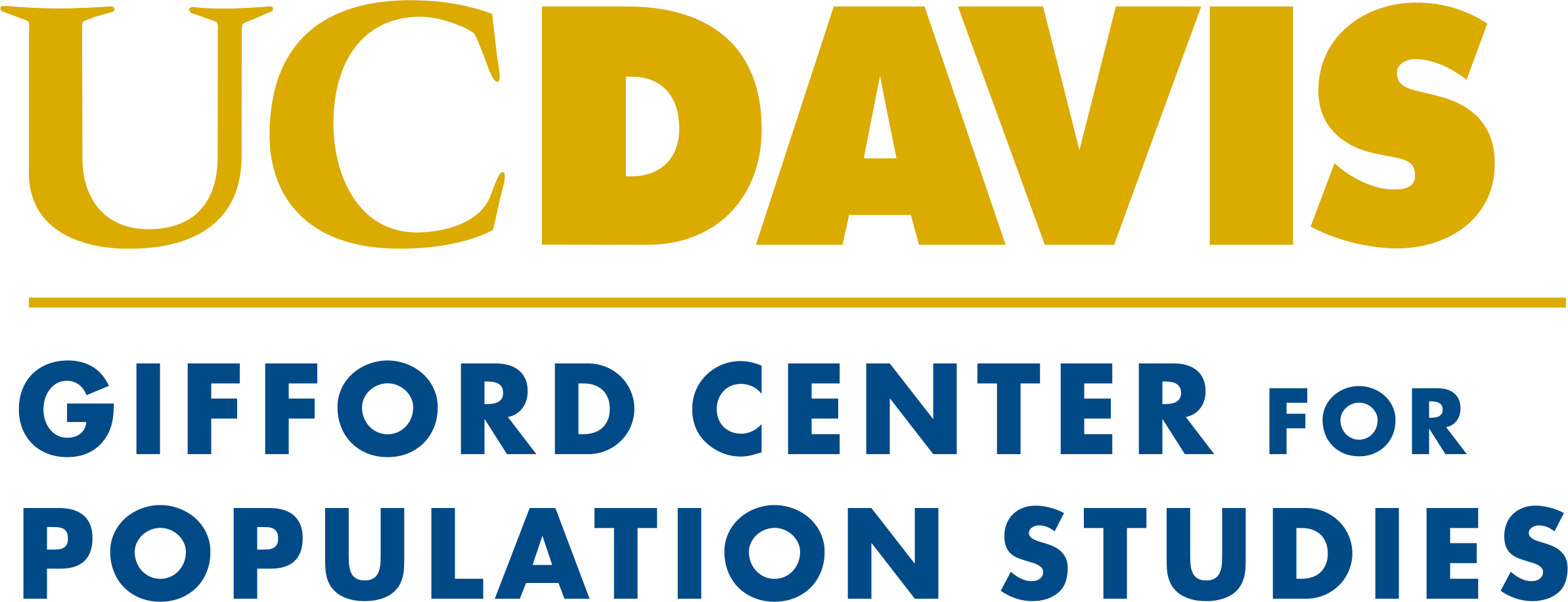
The Gifford Center for Population Studies examines the myriad ways in which growing populations affect each other and the earth and supports interdisciplinary research that examines the impacts of population growth, including fertility, mortality, and migration. |

The Global Healthshare Initiative delivers products, services and training in the areas of agriculture, nutrition, immunity, and enterprise development to accelerate the development and commercialization of low-cost, safe, and effective healthcare solutions into the marketplace in developing countries. |
Researchers engaged in the Global Tea Initiative for the Study of Tea Culture and Science collaborate across the humanities and social sciences to explore the myriad ways tea shapes people and places. |

The Honey & Pollination Center aims to help UC Davis become the world’s leading authority on honeybee health, pollination, and honey. The center hosts honey tastings and educational events and sells UC Davis honey and pollinator notecards to raise awareness. |
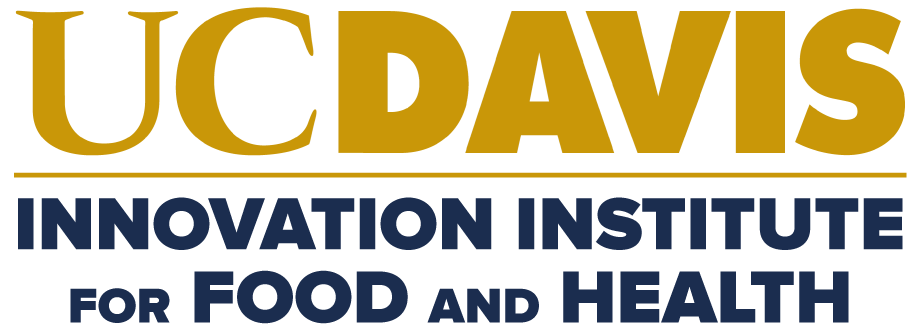
The Innovation Institute for Food and Health (IIFH) catalyzes and supports uncommon collaborations that will accelerate innovations which address global nutritional challenges, with the vision to accelerate deployment of products and processes that enable safe, sustainable, and secure nutrition for all. |

The Institute for Food & Agricultural Literacy (IFAL) cultivates a community of researchers dedicated to making scientific research accessible, relevant, and interesting to everyone. IFAL provides the next generation of scientists with the training, support, and tools they need to become effective communicators. |
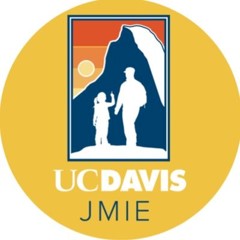
The John Muir Institute of the Environment aims to discover, research, and solve pressing environmental and human health challenges. The Muir Institute is motivated by a shared, common belief that all people deserve access to clear air, safe drinking water, healthy food and a robust natural environment. |

The UC Davis Olive Center is a self-funded university/industry coalition that seeks to do for olives what UC Davis did for wine. The world-renowned center brings together nearly 60 UC faculty members, research specialists and farm advisors who address the research and education needs of California olive growers and processors. |

PIPRA (Public Intellectual Property Resource for Agriculture) enables technologies developed in the public sector to have the broadest possible impact in society by promoting and facilitating intellectual property management tools to navigate the legal landscape. |
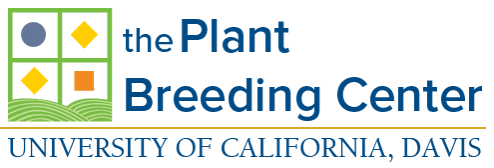
The Plant Breeding Center coordinates and expands plant breeding teaching and research on campus. The center trains students to be well-rounded, with experience in field-based breeding evaluation and technique and modern genomics and phenotyping technologies. |
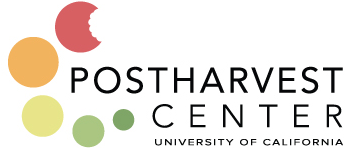
The Postharvest Technology Center reduces postharvest losses and improves the quality, safety and marketability of fresh horticultural products distills, translates, and disseminates emerging technology advancements to a broad industry and affiliated stakeholder audience. |

The Program for International Energy Technologies accelerates the development and commercialization of low-cost, clean and efficient energy technologies and solutions in developed and developing countries. |

The Program in International and Community Nutrition (PICN) conducts basic and applied research on issues of human nutrition relevant to low-income and disadvantaged populations and fosters collaborative exchanges between UC Davis students and faculty, international agencies, and training institutions. |

The Resilience+ Innovation Facility designs and implements targeted, large-scale projects that will spark Resilience+. These market-focused efforts are driven by partnerships with in-country private-sector companies to ensure success is lasting. |
The Robert Mondavi Institute (RMI) is the global innovator in university-based wine and food sciences research, education and outreach and serves as the gateway between UC Davis and a broad community engaged in all dimensions of wine, brewing- and food science-related activities. |
|
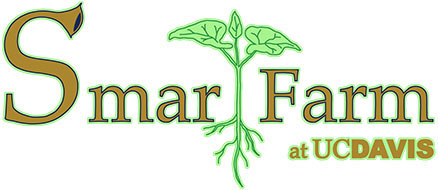
Smart Farm is a UC Davis Big Idea that will advance solutions to rapidly interpret plant and animal responses to their environment, accelerate crop yields, enhance animal welfare, turn Big Data into useful applications, optimize nutrient and water-use efficiency and more. |
The University of California CalFresh Nutrition Education Program (UC CalFresh) operates through a joint agreement among the USDA/FNS, the California Department of Social Services, and UC Cooperative Extension to improve the diet and nutrition-related skills of CalFresh recipients and their families. |
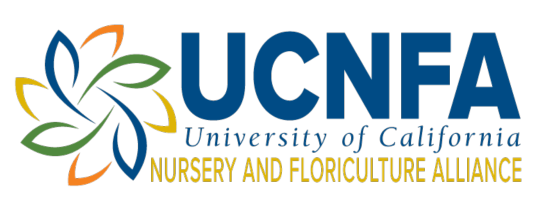
The University of California Nursery & Floriculture Alliance (UCNFA) is a statewide partnership that engages in research and educational activities to address the needs of floriculture and nursery production industries. |

The mission of UC Rangelands is to develop and advance science-based knowledge to diverse management and policy stakeholders to promote agricultural and environmental sustainability on California's grazing lands. |
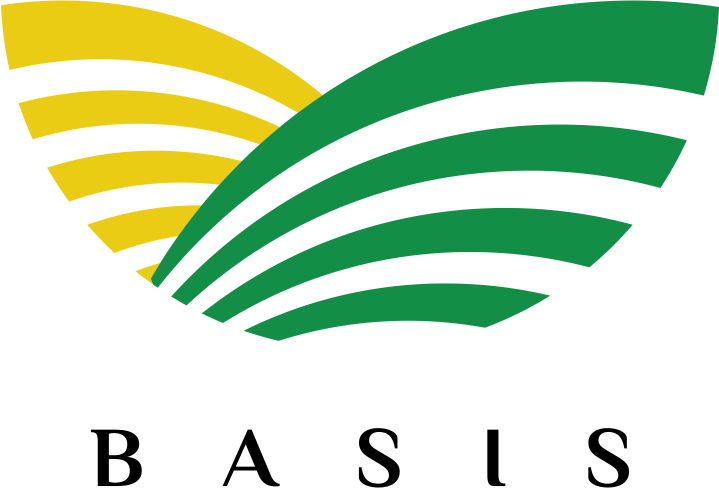
The Feed the Future Innovation Lab for Markets, Risk & Resilience develops and tests financial and market innovations that promote resilience and empower rural families, communities and markets to share in inclusive agricultural growth. |
The USAID Feed the Future Innovation Lab for Climate Resilient Chickpea research focuses on multiple allied projects funded by USAID, NSF, Mars, Inc. and more, including the breeding of high-yielding, climate resilient chickpea and studies of legumes, pathogens, and genomics. |
The USAID Feed the Future Innovation Lab for Climate Resilient Millet is harnessing genomic and advanced molecular tools and proprietary technologies for climate resilience to develop heat- and drought-tolerant millet varieties for smallholder farmers. |
The USAID Feed the Future Innovation Lab for Genomics to Improve Poultry seeks to improve the production of chicken and eggs by households and small farmers, thus increasing food security, nutrition and livelihoods in Africa. |
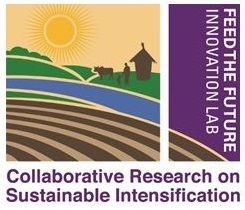
The USAID Feed the Future Innovation Lab for Collaborative Research on Sustainable Intensification (SIIL) will produce measurable impacts to sustainably increase the production and consumption of nutritious food in Asia and Africa. |
|
The Vegetable Research and Information Center collects and disseminates information relevant to consumers, growers and processors in the California vegetable industry and to continue its role as a leader and nationally-recognized source of research and information. |
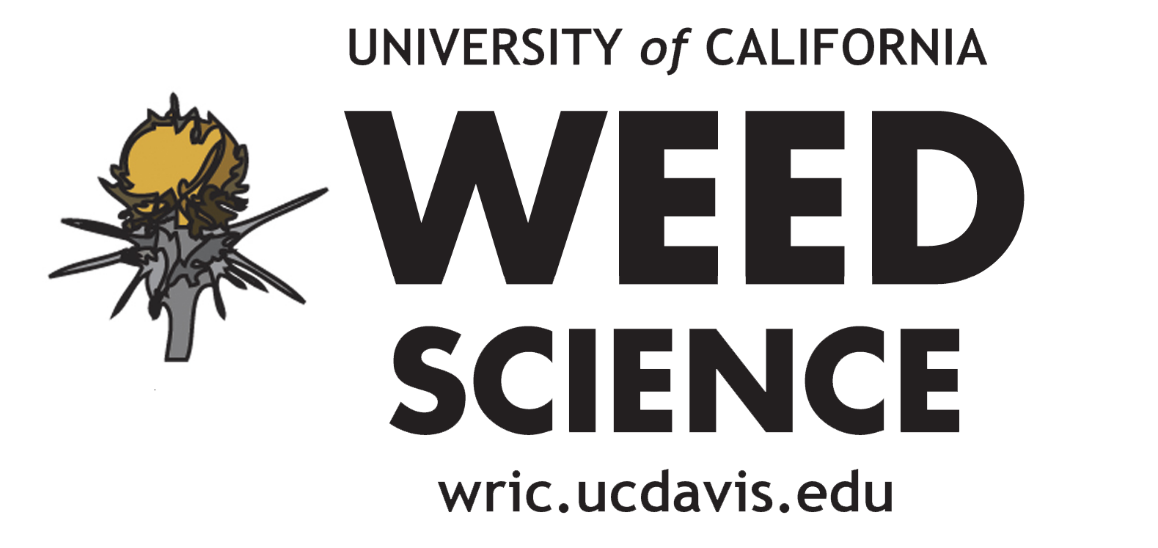
The Weed Research and Information Center fosters research in weed management and facilitates distribution of associated knowledge for the benefit of agriculture and for the preservation of natural resources. |
The Western Center for Agricultural Health & Safety conducts research, education, and training to provide health and safety knowledge for the western states of Arizona, California, Nevada and Hawaii and improve the health and safety of farmers, farmworkers, and their families. |
|



